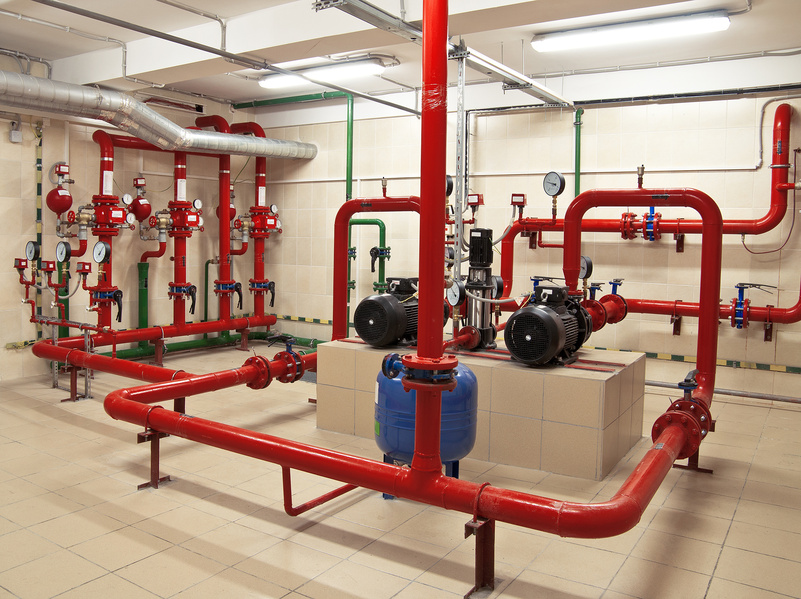
Did you know that there’s a house fire once every 10 seconds in United States? This means that unless you’re some kind of speed reading wizard, then someone’s house will have caught fire by the time you finish reading this sentence. What’s more, the fire protection handbooks says that it only takes 30 seconds for house fires to spread. So if you’ve been reading slowly, then someone’s house will have become engulfed in flame by the time you’ve finished reading this paragraph.
The fact of the matter is that house fires are more prevalent and more dangerous than people think they are, which is why fire protection systems are so important. However, it takes more than the standard fire protection products to properly protect a home. Working fire protection systems also include preventive measures.
Here are a few measures that need to be taken to make sure that fire protection systems are complete.
Check Smoke Alarms.
There should be a smoke alarm on every floor of the house. Each and every alarm needs to be checked once a week to make sure it’s in proper working order, too. If it’s not, then the batteries need to be replaced. Failing that, then a new smoke alarm may be needed.
Maintain Electrical Systems.
Electrical fires can be started for any number of reasons–overheating, broken wires, loose receptacles or switches, faulty wiring, dried out wire insulation, amongst others. Complete fire protection systems demand that homes’ electrical systems be checked once every four years, and that any corrective measures be taken immediately.
Devise an Escape Plan.
Every member of your family needs to know what they should do in the event of a house fire. This plan should cover such things as what to do if the fire is downstairs, and family members are upstairs; what to do if the fire is blocking the main exits; and where everyone should meet once they’ve escape. Fire protection systems are simply incomplete without a viable escape plan that covers every scenario.
Fire protection equipment should only be a last line of defense. If fire suppression systems are going to work, homeowners need to eliminate present threats, avoid future hazards, and have a plan ready in the event of a fire. If you have any questions about fire protection systems, feel free to ask in the comments. For more information, read this website.
